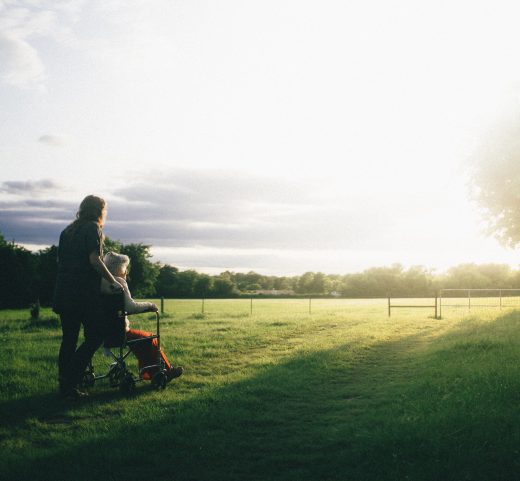
We are all risk managers now
Alison Malton shares her thoughts on how the Covid pandemic is moving risk from a theorectical discussion into our every day decisions
As the pandemic continues to impact normal life, we are all now faced with making decisions about what risk we are willing to take individually, but also about how those decisions impact our immediate friends and family and the collective risk of a second wave.
Investment professionals always talk about risk /return trade offs and financial advisers ask their clients to define their risk tolerance. Many clients can get a bit lost in the jargon and often struggle to really answer what can seem quite hypothetical questions. The last six months have certainly shown us that risks extend beyond the financial and we are all now having balance risks in all our day to day decisions.
Those working on the front line have had to confront the daily risks of being much closer to the tragic human impact of this disease. The economic consequences are front of mind for many and there is a significant proportion of the population who, once they had bought panic bought the loo roll, have perhaps enjoyed a period of relative calm and reflection. For others, the world outside our homes still feels quite scary.
We are naturally driven by our own biases and experiences, so if you have been personally affected by the tragedy of the virus you are more likely to be very cautious about the future. On the other hand, there is much work on human behaviour and specifically behavioural economics which suggests that we all underestimate risk and assume that it will happen to someone else but not to us.
This tendency to underestimate risk is one of the reasons that financial advisers have always said that insurance “needs to be sold”. Few people voluntarily pay to insure themselves against something that they assume will never happen to them. We are mandated by law to have car insurance, but many people do not fully cover house contents nor insure against death or critical illness to help those closest to them in times of need.
In the US, where the cost of healthcare is so high and all funded through private insurance, some financial planners are now working with clients to integrate advanced medical diagnostics and DNA testing into their ‘fact finds’ to try to build a forecast of a client’s future health around which a financial plan can be formulated. That sounds quite extreme in the context of the UK, but this crisis has certainly brought into focus health and social care and the financial and human cost of providing the right quality.
On a more positive note, one of the highlights of the early stage of lockdown was air quality with lower pollution combining with the beautiful weather to leave our skies clear. Will this force a step change in how we address the climate crisis? Or will the longer term risks of climate change be forgotten in more immediate short term priorities? Do we all need to build a bit more resilience into our plans as individuals and as a country for what may be around the corner?
Many of our discussions with clients revolve around risk. Not selling, but working with clients to think through the ‘what if’, to support them with often uncomfortable conversations, guiding and advising on potential solutions. I have a feeling that those conversations will take on an increased importance as we emerge from this experience.

Bassline Episode 16
In our first investment focused podcast of 2024, Lance explores with our host Dave some of the key factors impacting…

Dodging Dark Data – Dave shares a dark secret!
It turns out that I have a terrible habit. I caught an acquaintance peering at my phone the other day.…

Blowing our own trumpet for once
Winner Best Financial Advisers to Work for We are delighted to announce that we won "Best Financial Advisers to Work…

